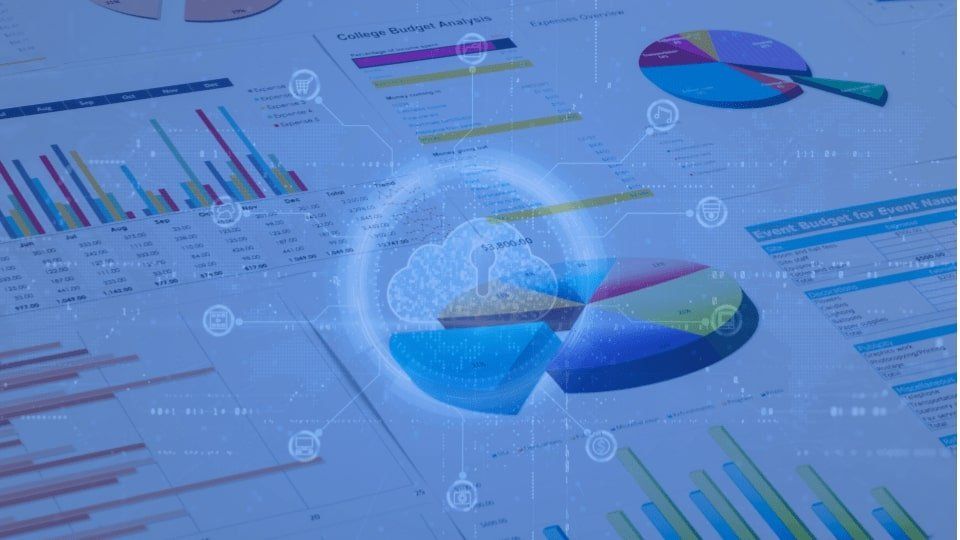Sustainable Operations in the Digital Age: Why field inspections are going digital
With environmental degradation and climate change becoming increasingly urgent, the time to act is now. With a simple action such as going paperless, you can significantly decrease your negative impact on the environment.
Table of contents
-
Social & environmental commitment
-
Less paper, happier environment
-
Paper waste
-
Data collection
-
Stakeholder portals
-
Sustainable work
Stay tuned
Smartflow social and environmental commitment
The Smartflow team is highly committed to sustainability. We believe that our SaaS solution for digitizing field inspections and processes can be a reliable partner in creating a more sustainable future for the energy, maritime, and TIC sectors. Smartflow improves operational efficiency, reduces customer costs, promotes sustainable practices, and supports environmental and social responsibility.
By digitizing field inspections and processes, you reduce waste, minimize resource consumption, and promote transparency and accountability, all of which are essential for creating a more sustainable future.
We will continue to invest in further developing the Smartflow platform to ensure that our solution remains at the forefront of sustainable and environment-friendly fieldwork.
Less paper, happy environment, sustainable operations.
For over eleven years, we have helped industrial organizations eliminate paper waste by digitizing their work processes and equipping field inspectors with a solution that eases their efforts in the field.
The urgent need for tank storage, maritime, and TIC organizations to become more sustainable has propelled technology's role in achieving sustainability goals.
We can no longer ignore the consequences of environmental degradation and climate change. Industrial companies face growing pressure from customers, investors, and regulators to reduce their environmental impact and promote social responsibility.
How can industrial organizations become more sustainable by digitizing field inspections
Reduce paper waste
Industrial companies still use significant amounts of paper for field inspections, particularly in energy, maritime, and TIC industries, where inspections are critical for ensuring safety, compliance, and operational efficiency.
Inspections can sometimes involve dozens or even hundreds of paper forms, checklists, and reports, resulting in significant paper usage and waste.
Paper waste has a significant impact on the environment. Paper production contributes to deforestation, uses enormous amounts of energy and water, and generates air and water pollution. Discarded paper and paperboard comprise roughly 26% of solid municipal waste in landfill sites.
Companies can reduce these impacts by going paperless, so they start saving trees, oil, and water and reducing landfill waste.
Improve data collection and analysis
Inspectors report accurate and reliable data. They easily identify areas of inefficiency and waste and track their sustainability performance over time. Once inspection become digital, organizations witness their operational efficiency increase. By identifying and responding to hazards in real-time, organizations reduce the likelihood of environmental incidents such as spills, leaks, or emissions.
Not to mention the impact it has on safety. Real-time hazard identification and response improve employees’ safety and the surrounding community, reducing the likelihood of accidents and associated environmental and social impacts.
According to a study that reviewed 242 accidents of storage tanks that occurred in industrial facilities over the last 40 years, 30% of accidents were caused by human errors, including poor operations and maintenance.
Another study on LPG storage tank accidents found that the causes of accidents in LPG tanks are related to one or more factors, such as design and installation error, organizational and managerial factors, human and operational error, maintenance error, technical inspection and protection, corrosion, natural and security hazards.
Enhance transparency and stakeholder engagement
Providing all stakeholders with a portal to access all inspection data in real-time has a major impact on sustainability performance.
Growing pressure from customers, investors, and regulators to reduce environmental impact and promote social responsibility urges industrial organizations to provide transparent communication portals that allow stakeholders to identify issues and respond to them in real-time, reducing resource consumption and associated environmental impacts.
With environmental degradation and climate change becoming increasingly urgent, the time to act is now. With a simple action such as going paperless, you can significantly impact the environment.
Enable inspectors to work more sustainably
Inspectors in the field use Smartflow's mobile app to execute paperless workflows efficiently and capture data in real-time so they can immediately share it with all stakeholders involved.








